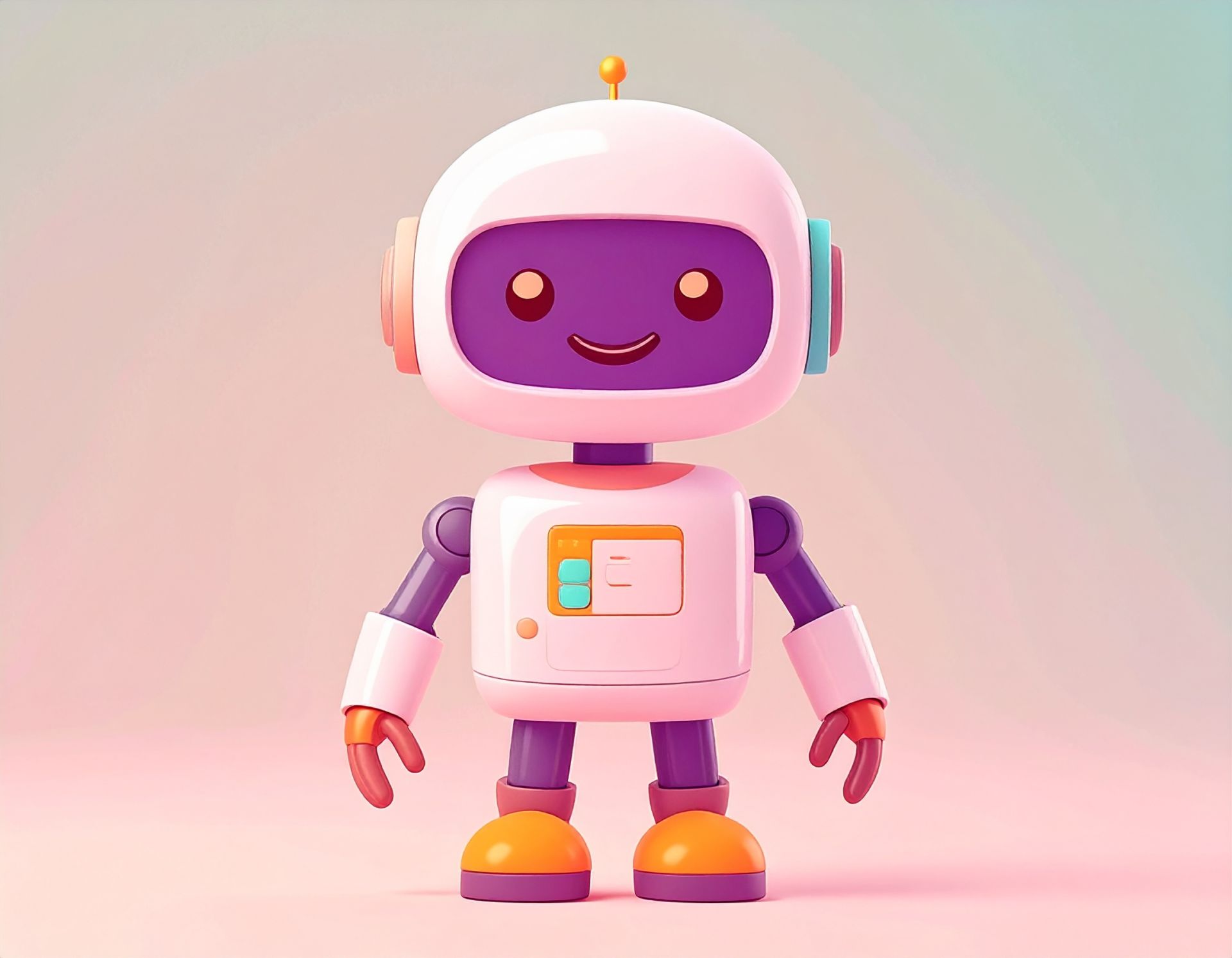As education continues to evolve in the age of artificial intelligence, one of the most promising benefits is empowering educators. For educators who identify as neurodivergent, including those with ADHD, dyslexia, autism spectrum profiles, and more, AI tools offer quiet, consistent support that can help reduce executive function strain, simplify planning, and streamline communication.
Why AI Matters for Neurodivergent Professionals
Around 15–20% of the global population is neurodivergent, yet traditional workplace structures rarely account for differences in communication, memory, and planning. Many educators face daily overwhelm from task-switching, sensory input, time blindness, or unstructured demands. The rise of AI tools provides a new way to co-create personalised workflows, quietly, privately, and without labels. Tools like ChatGPT, Otter.ai, and Notion are already being used by neurodivergent professionals to lessen the friction of daily cognitive load.
1. ChatGPT, Gemini, Claude, and Other LLMs
Large language models (LLMs) like ChatGPT, Gemini, Claude, and Microsoft Copilot can be a big help for educators looking to manage their time, energy, and focus more effectively. These tools are easy to use and can take some of the pressure off a busy school day:
- They help you manage your time and stay on track, which brings more calm and structure.
- You can use them to break down tricky information or tasks into simpler steps, making planning and admin easier.
- They support clear communication by helping you write emails, reports or instructions without worrying about getting everything 'just right'.
- They reduce distractions and help you stay focused when you’ve got a lot on your plate.
When neurodivergent educators feel valued, heard, and safe in their professional environment, their productivity and wellbeing improve benefitting the entire school community.
2. Otter.ai and Speech-to-Text Tools
Otter.ai converts spoken language into searchable, editable transcripts. For educators with ADHD or auditory processing difficulties, this means no longer relying solely on memory or frantic note-taking during meetings, PD sessions, or while brainstorming. Otter also creates auto-summaries, helping distill what matters most.
With cognitive load reduced, users are able to focus more clearly on meaning and next steps, an essential function for educators juggling many moving parts.
3. Text-to-Speech Tools for Clarity and Processing
Text-to-speech (TTS) is now built into many platforms and browsers, offering critical support for dyslexic and auditory learners. Newer research tools, like the LARF model (Let AI Read First), annotate and simplify text using LLMs. In trials, LARF improved reading speed and comprehension for dyslexic users significantly.
For neurodivergent educators, TTS features can:
- Read planning documents aloud
- Help with proofreading by switching input modality
- Reduce the fatigue of extended screen reading
4. Trello with AI Automations
Trello's visual boards help manage projects through drag-and-drop cards, but it's the AI-powered automation (via Butler or Zapier) that makes it a neurodivergent-friendly tool. These automations can:
- Break tasks into microsteps
- Trigger deadline reminders
- Auto-move tasks through planning stages
Educators who struggle with executive function, sequencing, or decision paralysis may find that Trello offers external scaffolding to match their internal thinking patterns.
5. Notion + AI for a "Second Brain"
Notion combines note-taking, databases, and productivity in a flexible visual workspace. Its AI features can:
- Summarise PD session notes
- Translate voice-recorded ideas into structured templates
- Auto-categorise and tag content
Notion's modular style supports nonlinear thinkers and educators who work best through multi-sensory, spatial organisation.
Final Thoughts
Supporting neurodivergent educators isn’t about accommodation alone, it’s about transformation. Tools like ChatGPT, Otter.ai, and Notion are easily accessible and offered with free versions. When they are deployed with intention, they help remove the friction of conventional workflows. They allow brilliant, creative minds to spend less energy on navigating barriers and more on making impact.
These tools are designed for inclusion and autonomy. And when educators learn how to use them effectively, they not only enhance their own practice but become better equipped to support neurodiverse children and colleagues. Mastering AI tools can be a gateway to creating more inclusive classrooms and school cultures.
If you're ready to take the next step in mastering these technologies, explore our hands-on training programmes atFutured AI Academy, designed specifically for educators who want to lead with confidence in an AI-powered world.
AI tools can’t and shouldn’t replace human connection. But when used wisely, they offer autonomy, clarity, and relief without stigma or labels.
Want to Share Your Expertise?
If you specialise in an area of education and want to create your own course, get in touch, we’ll help you bring it to life.https://courses.futuredaiacademy.com/teach-with-us
References and Further Reading:
Dyslexic.AI. (2025). How AI Agents Boost Autonomy for Neurodivergent Thinkers.https://www.dyslexic.ai/p/newsletter-285-back-on-track-how-ai-agents-boost-autonomy-for-neurodivergent-thinkers
Otter.ai. (2025). AI for Accessibility.https://otter.ai/blog/ai-for-accessibility
Reuters. (2025). How AI Is Transforming Lives of Neurodivergent Users.https://www.reuters.com/lifestyle/its-most-empathetic-voice-my-life-how-ai-is-transforming-lives-neurodivergent-2025-07-26
GPTZero. (2025). How Can AI Help Students With Learning Disabilities?https://gptzero.me/news/how-can-ai-help-students-with-learning-disabilities
The Access Group. (2024). Neurodiversity at Work: The Power of AI-Driven Support.https://www.theaccessgroup.com/en-gb/blog/neurodiversity-at-work-the-power-of-ai-driven-support
Deloitte WSJ. (2024). Building a Neuroinclusive Workplace.https://deloitte.wsj.com/sustainable-business/building-a-neuroinclusive-workplace-c23e4aea




